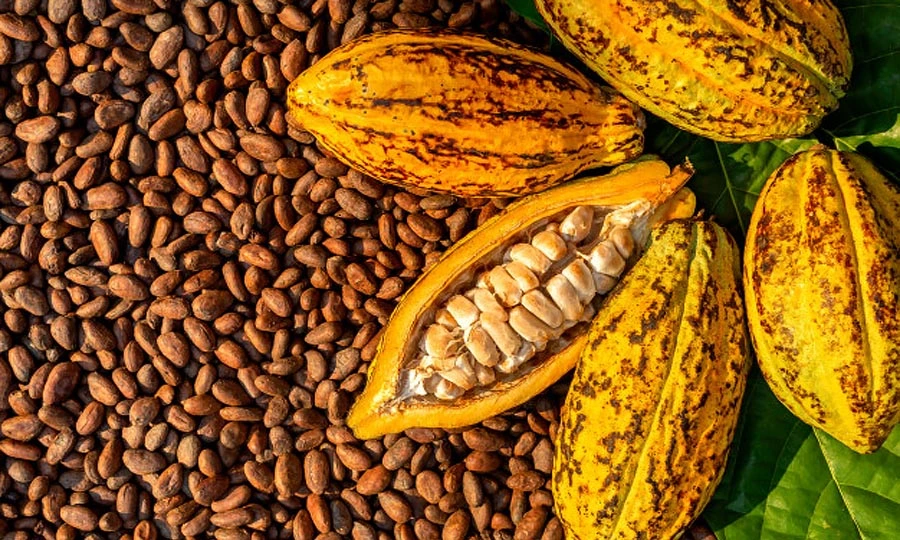Ghana’s recent, irregular rainfall pattern, brought on by climate change, has had a significant negative impact on cocoa production.
In contrast to the anticipated one million tonnes, Ghana only harvested 700,000 metric tonnes of cocoa in the crop season of 2021–2022, leaving a gap of roughly 300,000 metric tonnes.
While addressing cocoa producers from all around the nation in Kumasi, Mr Joseph Boahen Aidoo, Chief Executive Officer of COCOBOD said that this was the lowest level of cocoa production in the nation in the previous fifteen years.
He blamed the decline on the adverse effects of climate change.
He said that the lack of quality cocoa beans on the international market was due to Ghana’s poor production, adding that the unstable climate patterns meant that cocoa farmers could no longer rely on natural rain for farming and stressed irrigation as the way to go for Ghanaian cocoa crops to thrive.
He said that a drought which ensued in the last quarter of 2021 and ran into the first quarter of 2022 led to low cocoa production.
Read also: Environment ministry to hold conference on Climate Change
Aidoo recalled that in 2020, the climate was unfriendly to the extent that the month of July was short of its traditional rainfall pattern and in the last quarter of the year 2021, thus October, November and December, which were known as arid periods, Ghana recorded a significant amount of rains.
“It is a worrying sign, a time will come that if we are not careful, there will not be cocoa”, he said. “We have been in touch with the Ghana Irrigation Development Authority to discuss possible ways to help cocoa farmers with a reliable source of irrigation water for production”.
Aidoo also used the occasion to appeal to Ghanaian farmers to desist from smuggling their cocoa beans to the neighbouring Ivory Coast for sale, which according to him, would not help the situation in the country.
Touching on why the syndicated loan for the purchase of cocoa this year was delayed, he said that the downward grading of Ghana by credit agencies affected the decision of the creditors.
“It has been difficult, but because we have good records, we had $ 1.13 billion U.S Dollars instead of $ 1.3 billion”, he stated.
Story was adapted from Business Ghana.
